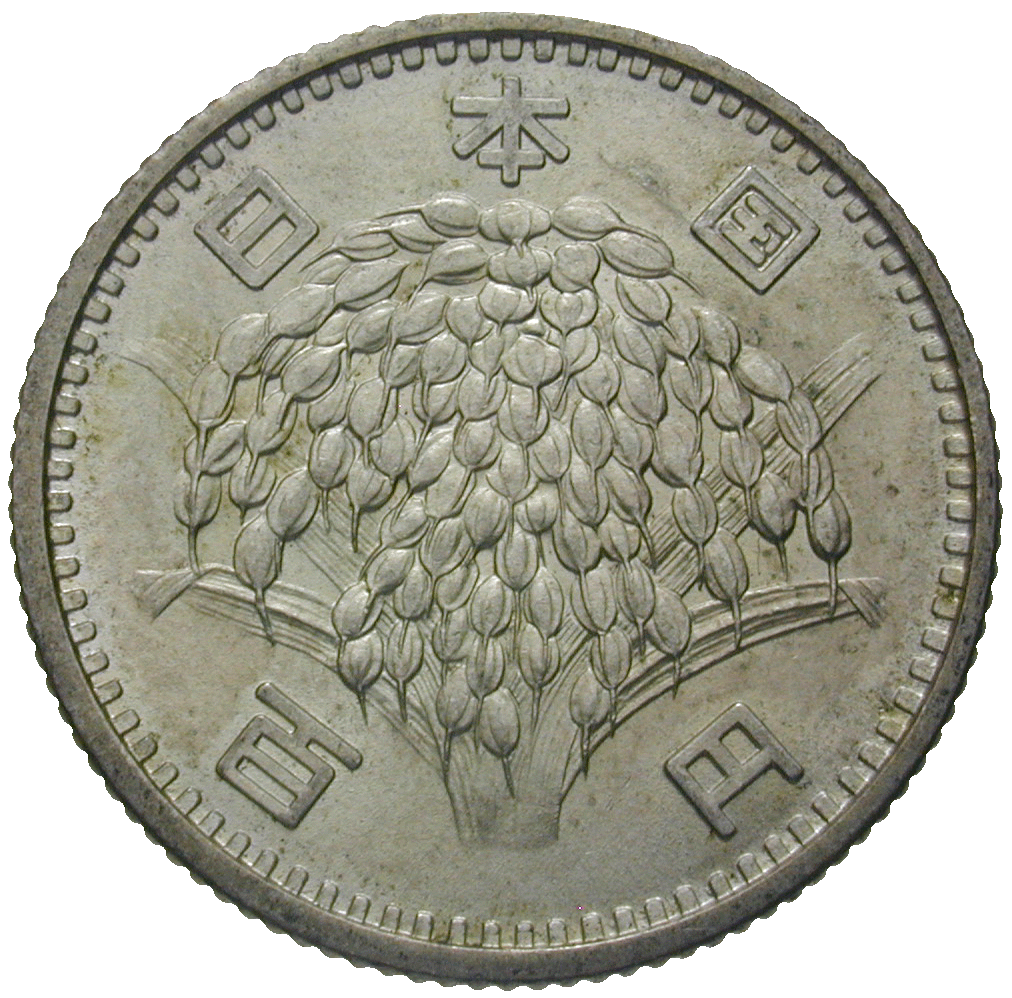Zwischen 1930 und 1936 wuchs die Wirtschaft in Japan um 50 Prozent. Grosse Teile dieser Gewinne wurden an das Militär weitergeleitet: 1937 nahm der Militärhaushalt drei Viertel aller Staatsausgaben in Anspruch. Die Produktion von nicht lebensnotwendigen Konsumgütern war weitgehend eingestellt. Im Jahr 1926 hatte Kaiser Hirohito den Thron bestiegen (bis 1989). Sein Regierungsmotto lautete «Showa», was etwa so viel wie «erleuchteter Friede» heisst. Das hinderte den Kaiser allerdings nicht, eine aggressive Expansionspolitik zu betreiben, die erst mit dem Zweiten Weltkrieg (1939-1945) ein Ende fand. Unter amerikanischer Besatzung (1945-1952) durfte Hirohito seinen kaiserlichen Status zwar behalten, hatte jedoch keinerlei politischen Einfluss mehr. Er wurde zum reinen Symbol für Japan und die Einheit seiner Bevölkerung.

